Local History
Local history helps children make sense of their immediate world. However, it is not just a case of bombarding them with local facts. Good local history involves enquiries that allow children to investigate drawing on their previous historical knowledge and understanding. It allows them to use interesting local sources including pictorial, artefacts and written and to link with national and even international history.
Sort by:
Date (Newest first) | Title A-Z
Show:
All |
Articles |
Podcasts |
Multipage Articles
-
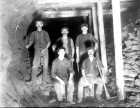
Local history and a sense of identity
ArticleClick to view -

Local history fieldwork
ArticleClick to view -
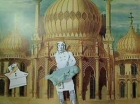
Museums, schools and creativity: How learning can be enhanced
ArticleClick to view -

One of my favourite history places: Bournville
ArticleClick to view -

One of my favourite history places: Mount Fitchet Castle
ArticleClick to view -

Planning for local history
ArticleClick to view -

Pride in place: What does historical geographical and social understanding look like?
ArticleClick to view -

Primary Scheme of Work: Local History
ArticleClick to view -

Scheme of work: Local history – the story of our High Street
ArticleClick to view -

Scheme of work: Significant historical events, people and places in their own locality
ArticleClick to view -
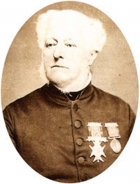
Shropshire's Secret Olympic History
ArticleClick to view -

The Elizabeth cake
ArticleClick to view -

The History around us: Local history
ArticleClick to view -

The Leeds Community History Project
ArticleClick to view -
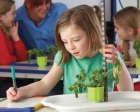
Using 'Development Matters' in the Foundation stage
ArticleClick to view -

Using museums, libraries and art galleries
ArticleClick to view -
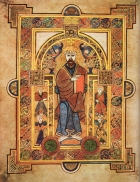
Using original sources
ArticleClick to view -
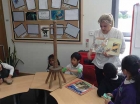
Using role-play to develop young children’s understanding of the past
ArticleClick to view -

What makes good local history?
ArticleClick to view -

What your local Archive Service can offer to schools
ArticleClick to view

